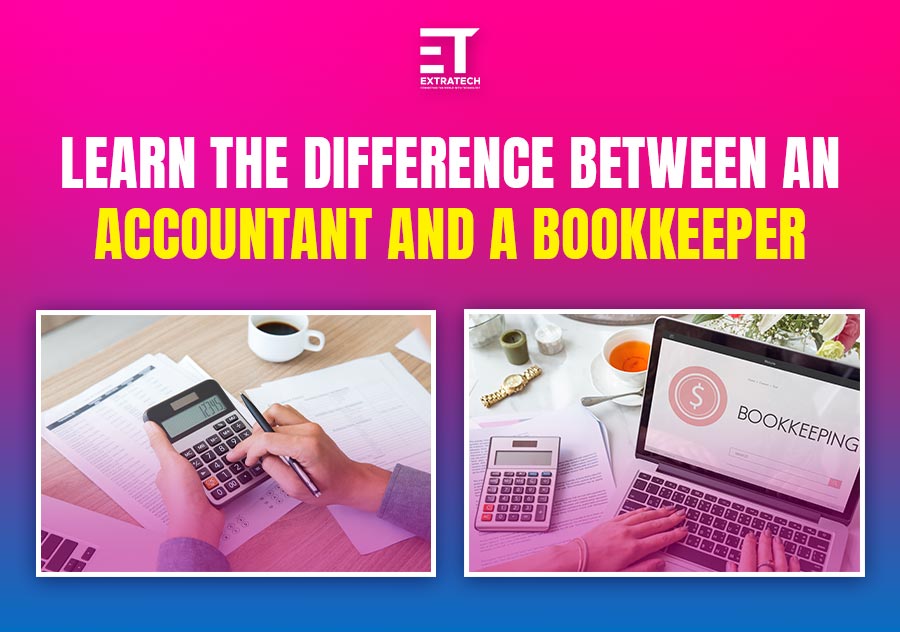Accountants - Their Role in Financial Management & Reporting
Accountants are financial professionals who possess a comprehensive understanding of financial management and reporting. They are typically equipped with advanced knowledge and expertise in areas such as tax laws, auditing, and financial analysis. Certified Public Accountants (CPAs) are accountants who have passed rigorous examinations and meet specific requirements to earn their certification.
Accountants play a crucial role in financial management, ensuring that businesses comply with relevant accounting standards and regulations. They analyze financial data, prepare financial statements, and provide insights into the financial health of a business. Accountants also assist in budgeting, forecasting, and strategic financial planning. They offer advisory services to help businesses make informed decisions, optimize tax strategies, and maximize profitability.
Bookkeepers - Their Role in Record Keeping & Data Entry
On the other hand, bookkeepers focus on the accurate recording and organization of financial transactions. They are responsible for maintaining an organized record-keeping system, including tracking income and expenses, reconciling bank statements, and managing accounts payable and accounts receivable. Bookkeepers ensure that financial data is correctly entered into the books, creating a solid foundation for accountants to perform their analyses and reporting.
While bookkeepers may not possess the same level of financial expertise as accountants, their role is invaluable in maintaining the integrity and accuracy of financial records. They are meticulous in their work, ensuring that every transaction is properly recorded and categorized. Bookkeepers may also handle payroll processing, ensuring that employee salaries, taxes, and benefits are accurately calculated and disbursed.
| Join Extratech’s Accounting Course and Land a Job in Australia |
What are the Different Types of Accounting Services?
Accounting services encompass a broad range of functions, tailored to meet the specific needs of businesses. Here are a few common types of accounting services:
• Financial Statement Preparation: Accountants prepare accurate and comprehensive financial statements, including income statements, balance sheets, and cash flow statements. These statements provide a snapshot of a business's financial performance and enable stakeholders to make informed decisions.
• Tax Preparation and Planning: Accountants specialize in tax laws and regulations, assisting businesses in preparing and filing their tax returns. They provide guidance on tax planning strategies, identify potential deductions, and ensure compliance with tax requirements.
• Auditing Services: Accountants conduct audits to evaluate the financial records, internal controls, and compliance of a business. Auditing provides an independent assessment of a company's financial health, ensuring transparency and reliability.
What are the Different Types of Bookkeeping Services?
Bookkeeping services are designed to streamline financial record-keeping processes and ensure accurate and organized financial data. Here are a few common types of bookkeeping services:
• Record Keeping and Data Entry: Bookkeepers meticulously record and organize financial transactions, ensuring accuracy and completeness. They maintain general ledgers, record sales and purchases, and reconcile bank statements.
• Payroll Processing: Bookkeepers handle payroll processes, including calculating employee wages, deducting taxes and benefits, and ensuring timely payment to employees. They also manage payroll taxes and associated filings.
• Accounts Payable/Receivable: Bookkeepers manage accounts payable, ensuring that vendors and suppliers are paid on time. They also handle accounts receivable, track customer payments, and manage collections to ensure a healthy cash flow.
You can also take a look at our previous blog : Measuring the Cadence of Commerce through Accounting – The Language of Business

